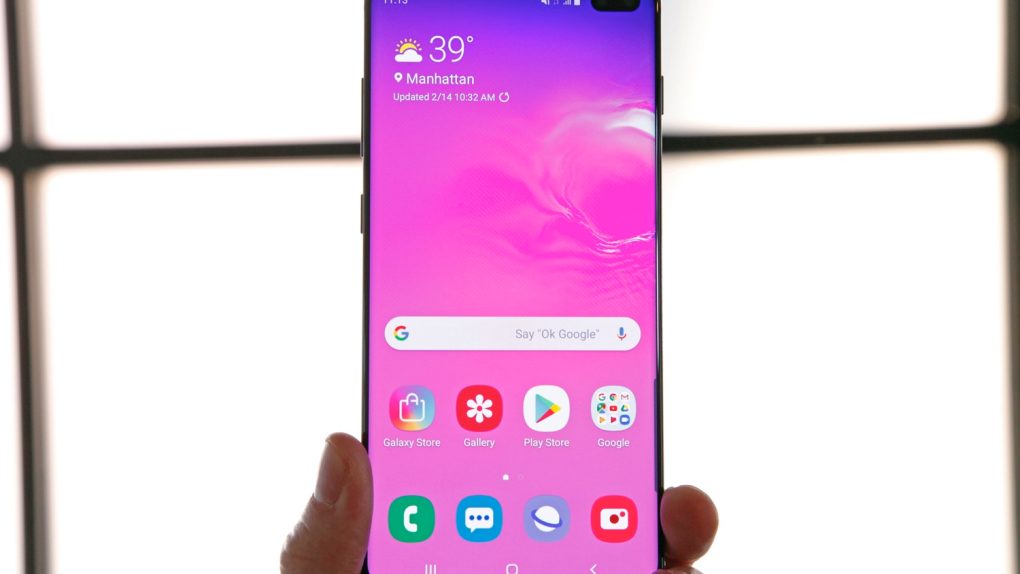Apple’s iPhone 11, iPhone 11 Pro, and iPhone 11 Pro Max have a problem. They’re fantastic new smartphones that are by far the most powerful and most capable handsets Apple has ever made, but they’re being held back. The problem is actually all too familiar to Apple fans, who will recall something similar just 2 short years ago. Apple’s iOS 11 software was a disaster from the get-go, riddled with aggravating bugs and flaws. Among them, the most annoying to power users was the terrible RAM management issue that prevented iPhones from keeping app statuses saved in the background. As a result, the entire user experience was slowed down because an app would have to load fresh every single time it opened, even if it was just a minute or two after being minimized. Sadly, the same exact thing is now happening in iOS 13, which is something of a mystery considering the fact that last year’s iOS 12 release was so focused on bug fixes and optimizations. iOS 12 sped phones up, increased battery life, and thankfully it also fixed the annoying RAM optimization issue. What happened between then and now is anyone’s guess.
There’s no question whatsoever that Apple’s iPhone 11 Pro and iPhone 11 Pro Max are the most powerful smartphones on the planet. In fact, they obliterate Android flagships and nothing out there from Android vendors even come close… on paper. In the real world, however, it’s a different story. In fact, we’ve seen several different Android phones beat Apple’s newest flagship iPhones in real-world speed tests. There’s no telling when Apple will finally get around to fixing this troublesome issue in iOS 13. In the meantime, Samsung just made an announcement that its mid-range phones are about to get a major upgrade that might have helped Apple avoid the new RAM management issue altogether.
Apple is typically the best in the business when it comes to optimizing its software and hardware, which is much easier to do when your company is responsible for both. Well, it’s usually much easier to do. Apple has run into some serious problems in recent years, and no one outside the company truly knows why.
One issue at the heart of the RAM management problem is Apple’s insistence on prioritizing margins whenever possible. That’s a big part of the reason that iPhones still only have a maximum of 4GB of RAM while some Android flagships now have as much as 12GB. Wait, did we say “flagships”? Well, starting soon, even mid-range smartphones from Samsung will ship with 10GB of LPDDR4X RAM, or even more.
Samsung on Thursday announced industry-first 24Gb LPDDR4X RAM chips that will allow the company to include 10GB or even 12GB of RAM in mid-range smartphones. These UFS-based chips use multichip package technology to combine eUFS 3.0 NAND storage and RAM modules into a single package. As a result, lower-cost smartphones will be able to utilize these combo chips and break through the current 8GB RAM barrier.
“Leveraging our leading-edge 24-gigabit (Gb) LPDDR4X chips, we can offer the highest mobile DRAM capacity of 12GB not only for high-end smartphones but also for mid-range devices,” Samsung Electronics EVP of memory marketing Sewon Chun said in a statement. “Samsung will continue to support our smartphone-manufacturing customers with on-time development of next-generation mobile memory solutions, bringing enhanced smartphone experiences to many more users around the globe.”
Samsung’s new 24Gb LPDDR4X chips have already entered mass-production and should soon make their way into new smartphones.








